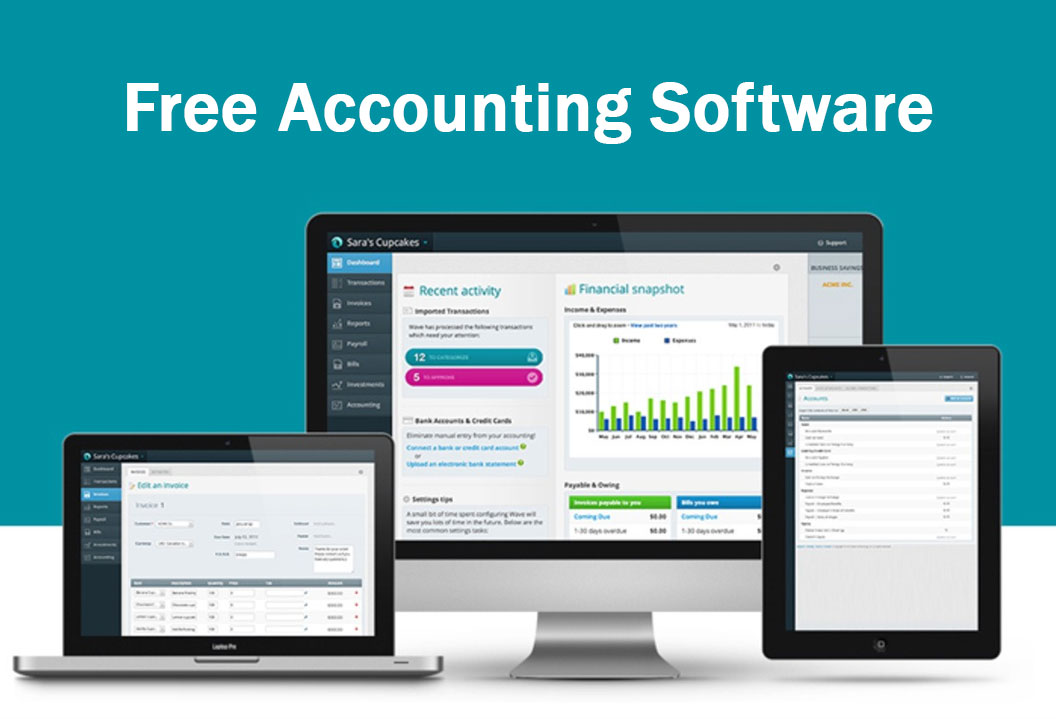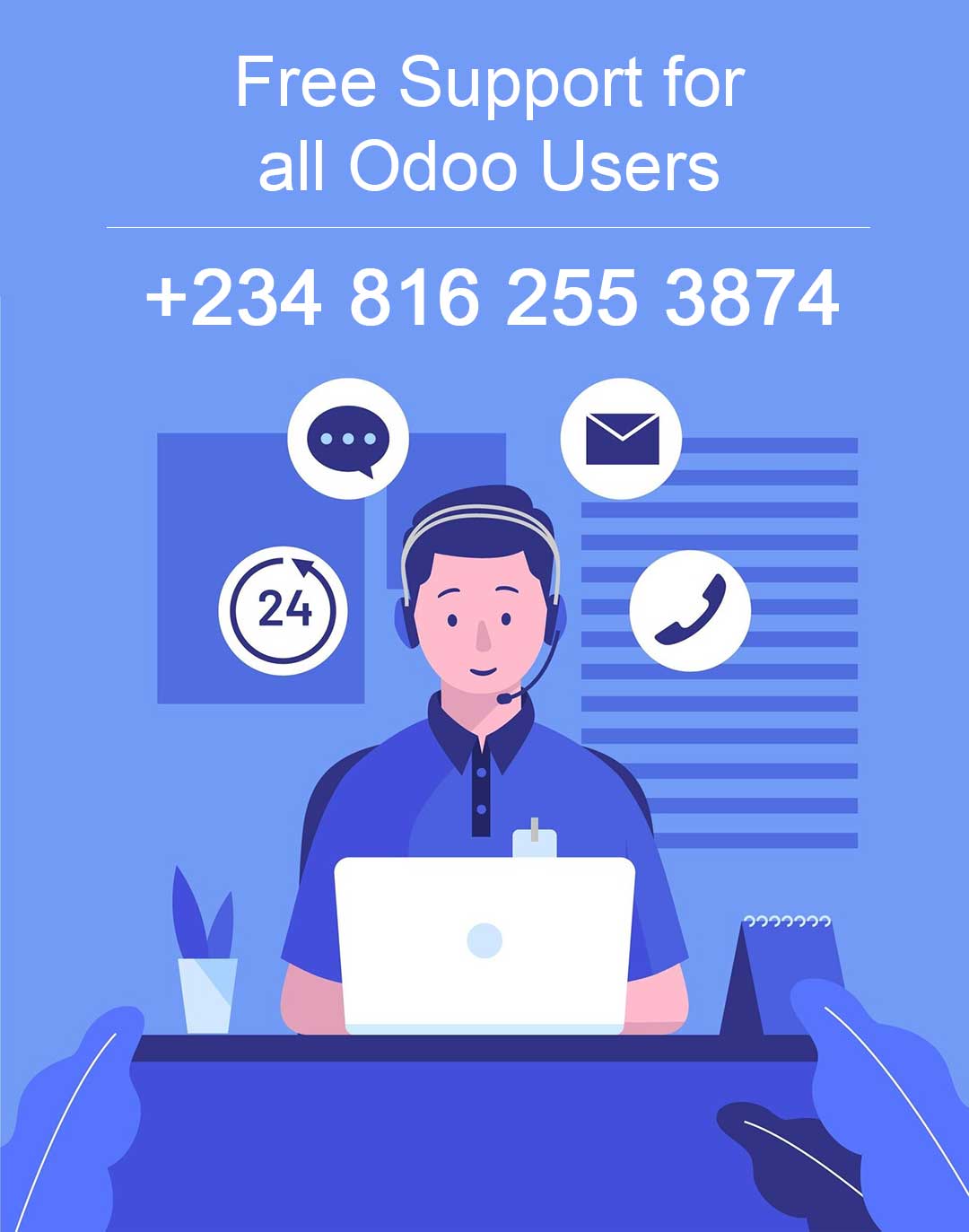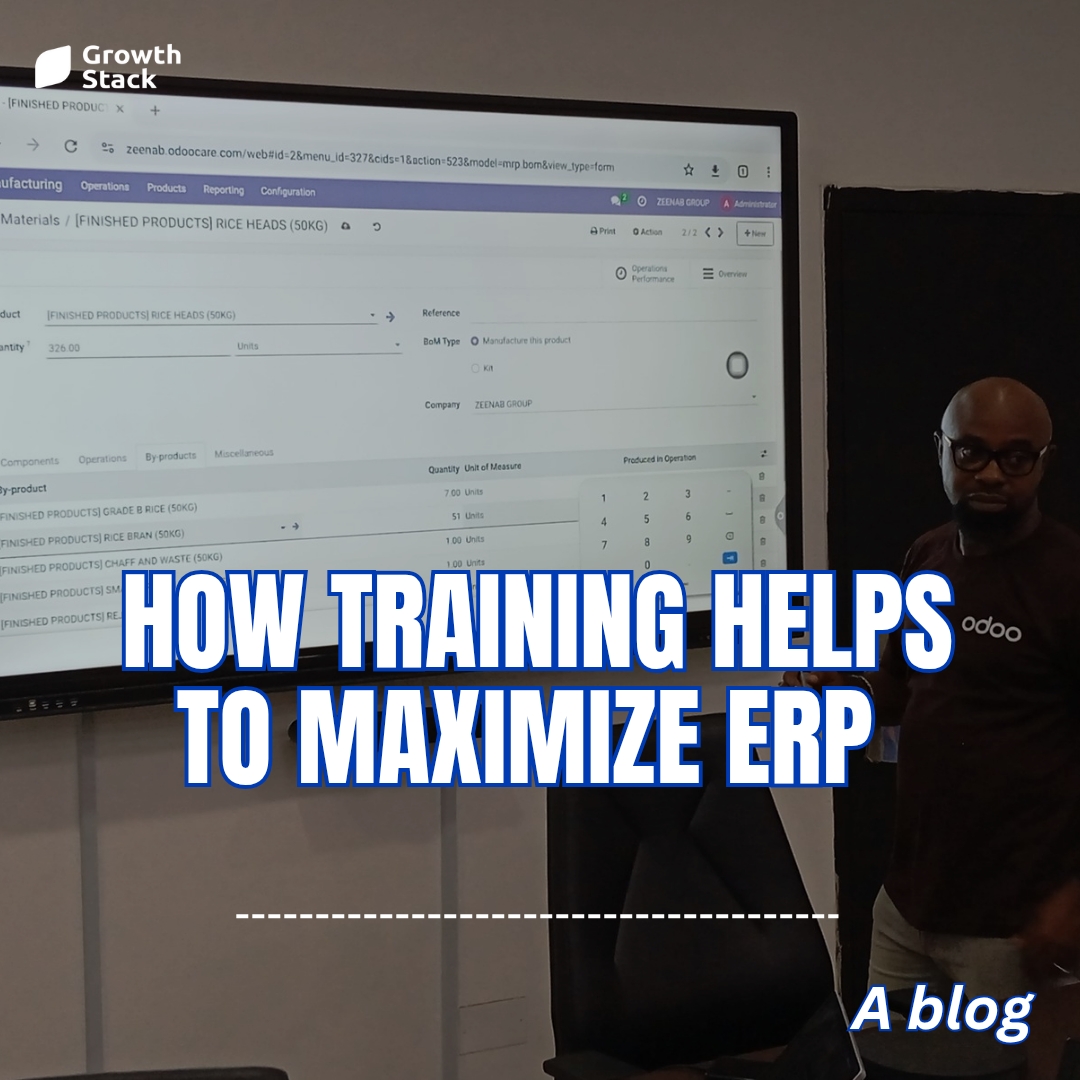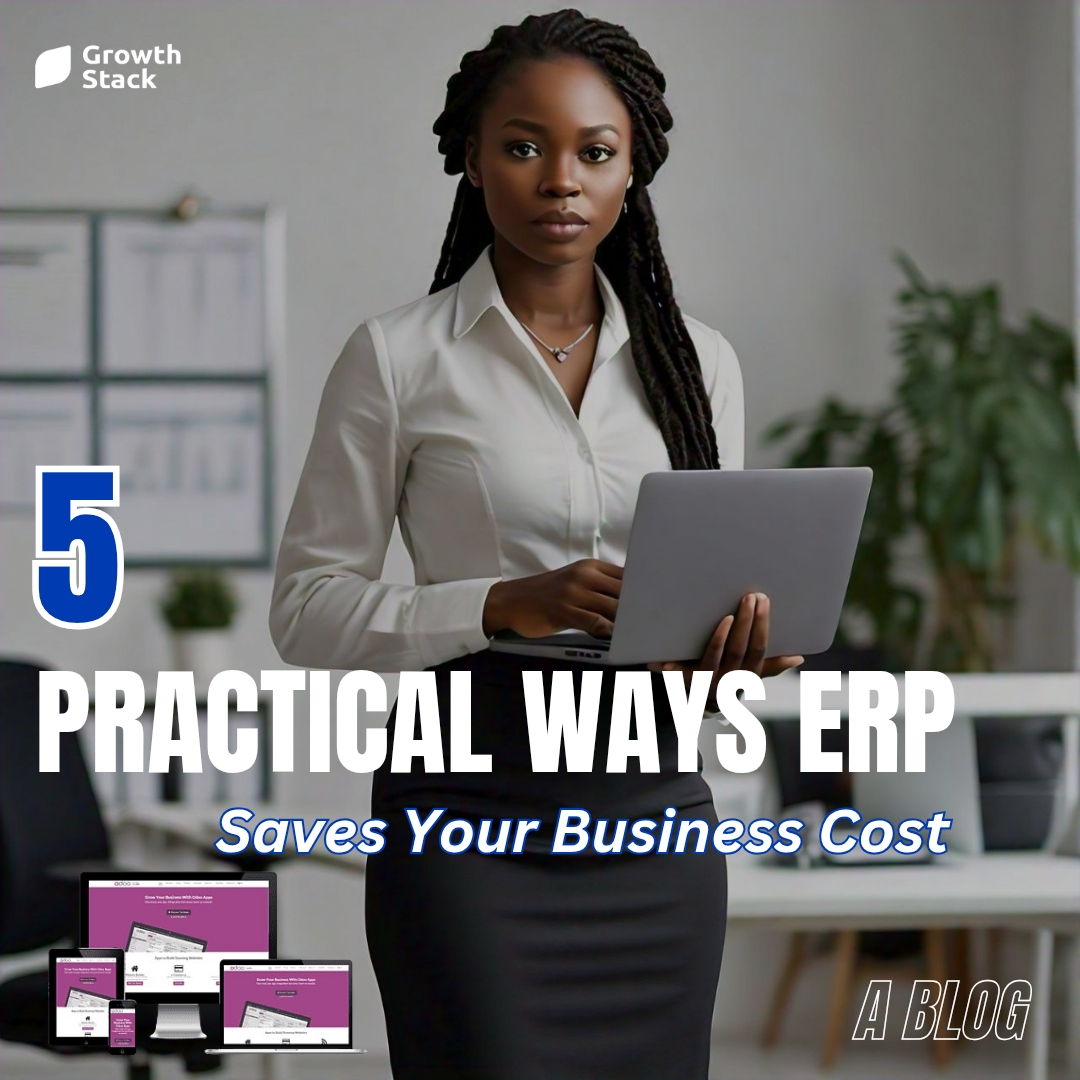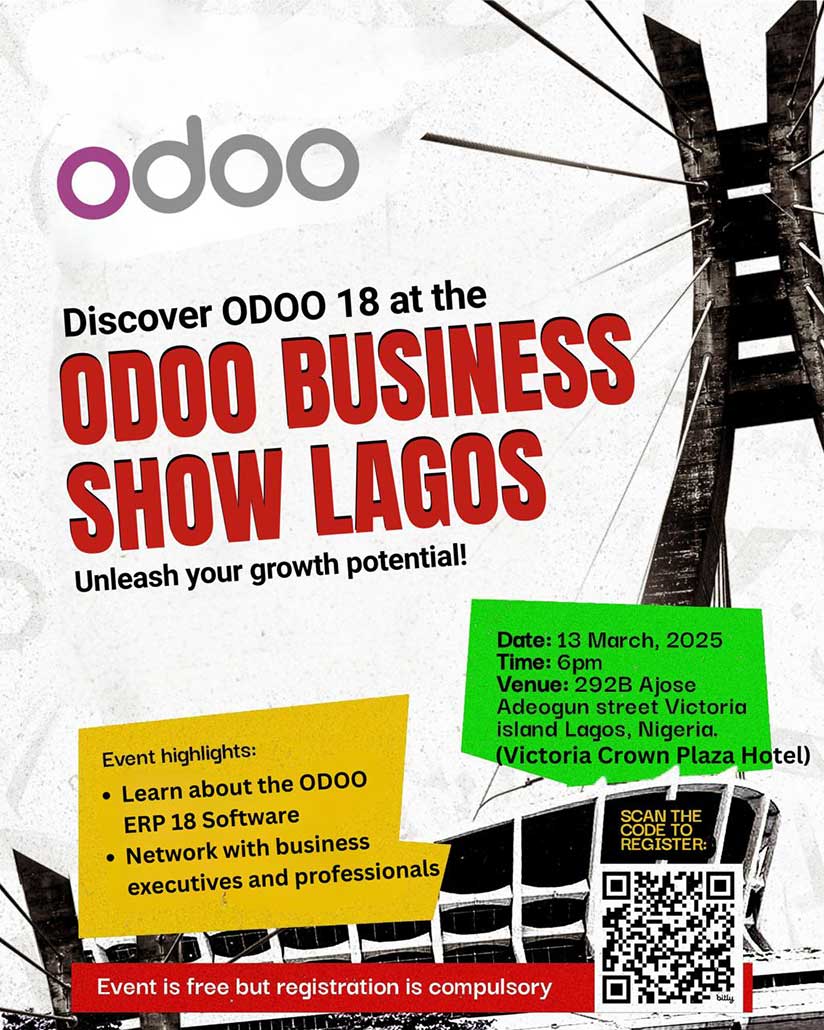In this post, we’ll go through the key distinctions between an ERP Accounting system and standalone accounting software to help you decide which is the best fit for your needs.
To begin, there is a common misunderstanding about Accounting ERP and stand-alone accounting software. People often mistakenly believe that an Accounting ERP system is simply another name for stand-alone accounting software, while in fact, it is a completely independent piece of software.
Although it has some similarities to an accounting solution, an Accounting ERP may deliver functionality and value to your entire organization, whereas a standalone accounting solution is essentially just designed to be used by your finance teams to handle basic financial needs like:
- Accounts payable
- Accounts receivable
- Revenue, Sales & Invoicing
- Financial reporting
On the other hand, the ERP system is a fully integrated system that deals with the functions of accounting software along with a whole host of other functions within a business. These include inventory and supply chain management, customer relationship management, online selling and buying, and warehouse management. It does not work for a specific area instead covers all areas of your business.
What is a Stand-Alone Accounting Software?
Stand-Alone Accounting software is used to manage a company’s financial and cost accounting processes. These are functions that are typically owned and sat within a finance department, such as:
- Accounts payable
- Accounts receivable
- Cash flows
- Ledger and balance sheets
Accounting software helps to speed up the collection and processing of key financial data so that the necessary financial reports can be streamlined. This includes reports such as:
- Balance sheets
- Income statements
- Statements of cash flow
- Profit and loss statements.
Having a technology solution that collects and stores this information can drastically improve an organization’s insight into their financial health, speed up decision making, and reduce the cost of administrative labor.
In other words, it can provide a snapshot of a company’s whole financial operations. There are a variety of accounting systems on the market that can assist you, but QuickBooks and Xero are the market leaders.
What is Enterprise Resource Planning (ERP) software?
An ERP system is a software that covers the company’s financial management, supply chain management, and customer relationship management all in a single comprehensive, integrated system. It also includes the processes that are specific to the industry in which the company is operating. It can make your decisions fast and accurate. These days, many companies are using ERP systems to survive in a highly competitive environment. In short, ERP accounting software helps companies a lot in boosting their rate of productivity, transparency, scalability, efficiency, and effectiveness.
The ODOO ERP system is one of the most popular ERP systems for small enterprises. It is appropriate for companies that wish to increase revenue and sales management, cash flow management, and customer connections. It can aid in improving the company’s overall efficiency and effectiveness.
The difference between an Accounting ERP system and a Stand-Alone Accounting software
There is a number of differences between the two solutions, but the following comprise the core differences.
Scope of the software
The first differential point in the two systems is the scope. An ERP system has a broad range of functions when compared to accounting software as it not only focuses on the financial aspects but other factors as well.
If we take QuickBooks as an example, we can say that it works on a small stand-alone database. It cannot connect various real-time processes of the company. So, in this case, you need to use an integrated ERP system to handle the job. Moreover, with MYOB and Xero accounting solutions, you can only manage inflows and outflows of cash and generate reports of the financial year.
If we take an accounting module within an ERP solution, it manages the cash flows along with the response to real-time market trends confidently and swiftly.
Wide view of an enterprise
Another way to look at an ERP system is to consider the act of building a house with bricks. An ERP is a collection of all a company’s operations that provides a 360-degree view of the company’s health and performance. Several bricks have been assembled to form a whole house.
A dedicated accounting solution, on the other hand, is essentially a single brick. It tells you the financial performance of the business, but it’s isolated to basic financial reporting, and often not real-time.
Meeting industry-specific needs
Accounting software has a limited ability to meet industry-specific needs as compared to an ERP system. Many ERP vendors such as ODOO have built industry-specific solutions that are tailored to the market needs of specific industries. For example, the needs of a retail store will differ dramatically to that of an organization operating in manufacturing. Accounting solutions rarely adapt by industry, you pay for licenses and you access the software usually via the cloud, but the customization is limited. An ERP system can be deployed and customized to your industry needs.
Why is Accounting ERP software superior to Stand-Alone accounting software?
The truth is that it all boils down to your company’s requirements. You may only need an accounting system to manage basic financial data capture and reporting in some cases, but if you need more, an ERP is the only way to go.
An ERP will allow much more integration of business processes into a single system, including inventory and warehouse management, customer relationship management, supply chain management, and so on. All of these features are currently unavailable in a standalone accounting solution.
